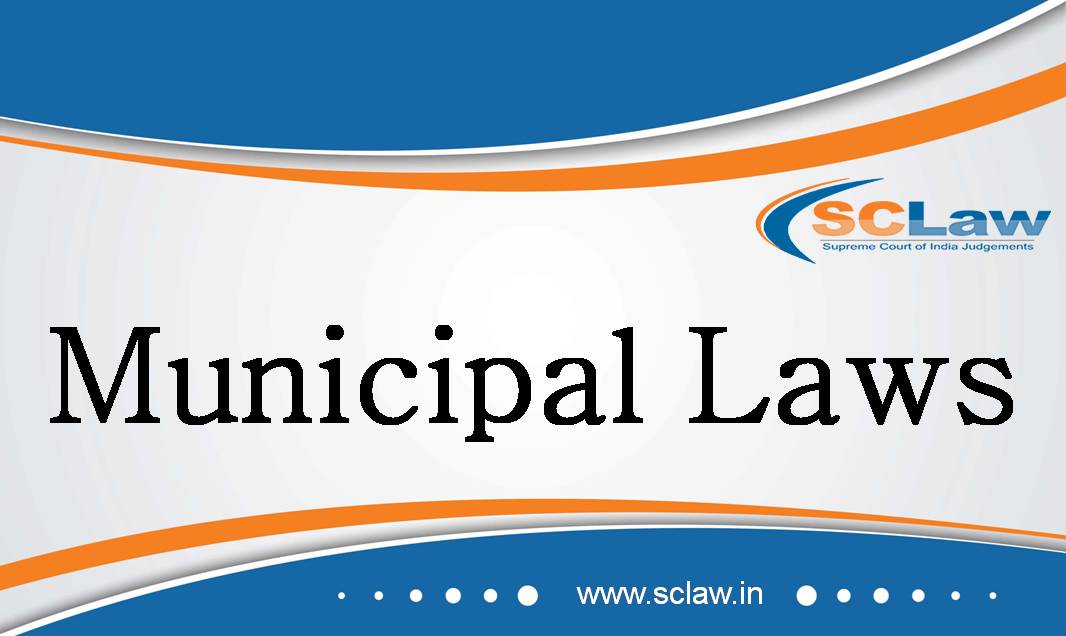Criminal Procedure Code, 1973 (CrPC) – Section 482 – Quashing of Complaint/FIR – Complaint on the basis of which FIR came to be registered at the instance of the de-facto complainant does not disclose any act of the accused or their participation in the commission of crime – FIR quashed
SUPREME COURT OF INDIA DIVISION BENCH RAMESH CHANDRA GUPTA — Appellant Vs. STATE OF U.P. AND OTHERS — Respondent ( Before : Ajay Rastogi and C.T. Ravikumar, JJ. ) Criminal…







